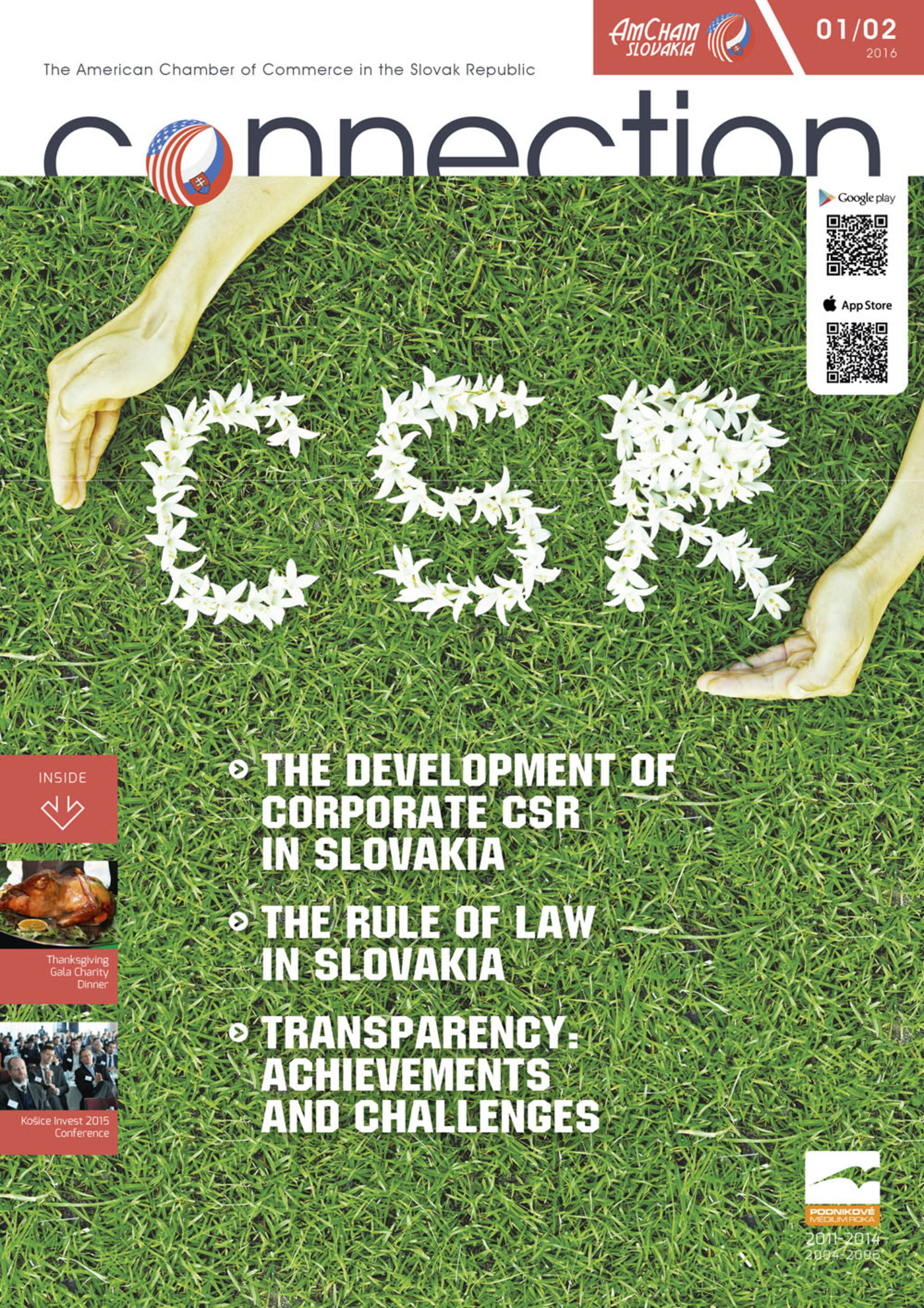Proving the value of the accounting sector during a time of economic turbulence has been a challenge for the profession. Over recent years, the profession has been under the spotlight regarding the quality of audits and financial reporting.
With transparency and corporate social responsibility increasingly in the news, and questions being asked by many stakeholders and shareholders, the profession is keen to prove that it is delivering public value.
Why does public value matter?
The basic answer is trust. To lead and serve businesses of all sizes effectively, accountants need to have the trust of the public and business. Without trust, the work and input of accountants has little credibility.
The way that individual accountants apply accounting, reporting and auditing standards has a powerful impact on the stability of financial markets. Their determination to meet high ethical standards in all aspects of their work is also vital for maintaining confidence and promoting public value.
Alongside individual professionals, accountancy bodies also have essential roles to play in the development and application of consistent global professional and ethical standards, in promoting good corporate governance, and supporting economic development through access to finance.
ACCA has long been a champion of public value. For the association, public value means three clear things – acting in the public interest; promoting ethical businesses and growing economies. To be relevant and credible, the profession needs to be highly trained and highly skilled. These skills are a vital asset to business, to clients and more broadly to economies.
Accountants are increasingly being called on to be at the forefront of matters during these unsettling economic times. The profession’s ability to adapt and evolve to situations as they arise makes it dependable as a profession.
Professionalism really matters and an ACCA qualification ensures that an accountant is adept at all the skills and abilities needed by employers around the world. And what sets us apart is the professionalism and ethics module that all students have to take to obtain the qualification and become members.
I would like to highlight a quote from UNCTAD, the UN body for development issues. This organization held an event in Doha a few years ago about capacity building, where it stated: “Accounting plays an essential role in economic development. High quality corporate reporting is the key to improving transparency, facilitating the mobilization of domestic and international investment, creating a sound investment environment and fostering investor confidence, and promoting financial stability.”
In 2012, we published a report called Closing the Value Gap, in which we warned that the profession must educate the public and its stakeholders of its value and take steps to rebuild trust in the industry. This is needed to ensure the profession does not lose its considerable credibility or relevance.
In late November 2015, we launched the third Accounting for the Future conference. Taking a look ahead to 2020, the event included an inspirational lecture form Paul Druckman, the Chief Executive of the IIRC about how the profession needs to “step up” and take its place in leading the accounting ecosystem into the next stage of its evolution.
In his lecture, he questioned whether the current system is fit for the purpose and called on the accountancy profession to take a greater role in shaping the future. Druckman set out his arguments in the context of the development of accounting from the father of accounting, Luca Pacioli, in the Italian Renaissance, to the impact of South Africa’s Mervyn King and his work in the 21st century on developing and promoting integrated reporting (IR).
Do the right thing
IMF head Christine Lagarde delivered a strong message at this year´s Ethics in Finance – Robin Cosgrove Prize, which is partnered by ACCA. “How can trust be built? Predominantly on the basis of ethics. Ethical behavior is key to building trust in the system and creating financial stability,” said Lagarde in her welcome address to the audience of the fifth edition of the Ethics in Finance – Robin Cosgrove Prize. (Robin Cosgrove was an investment banker who died aged 31. He believed passionately that the lack of integrity and ethical practice in banking and finance could be a major barrier to sustainable economic development.)
This year´s winner, Ross Murdoch, a lawyer from the UK´s Financial Conduct Authority, impressed the judges with his work on “Behavioral Ethics and the Next Generation in Finance”. He explored how behavioral ethics can be applied to a variety of corporate scandals from LIBOR to Madoff and Enron, to understand the pressure faced by young professionals in finance and to consider how we can use this knowledge to enable more young people to become ambassadors for ethical decision-making. Helen Brand, Chief Executive of ACCA stated: “Finance professionals bring the greatest value when they
are supporting and embedding an ethical approach across business and society. As a global professional body, we recognize our role in educating and supporting our members across the world in taking the approach to their work that prizes integrity and accountability.”
Katka Benešová, Head of ACCA Czech Republic, Slovakia & Hungary



Follow us